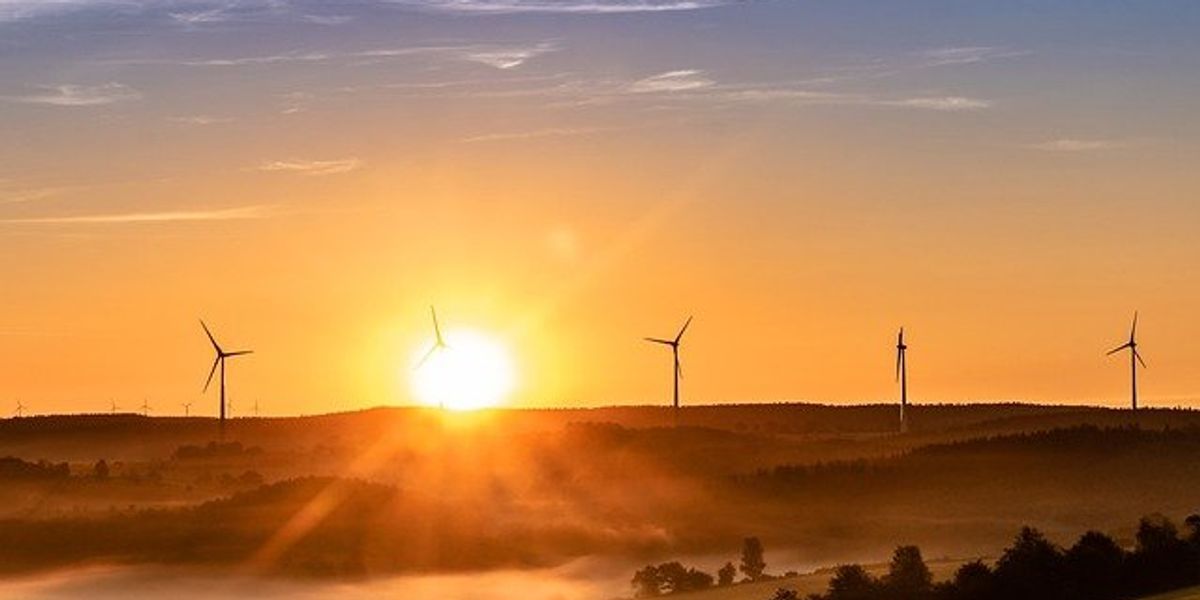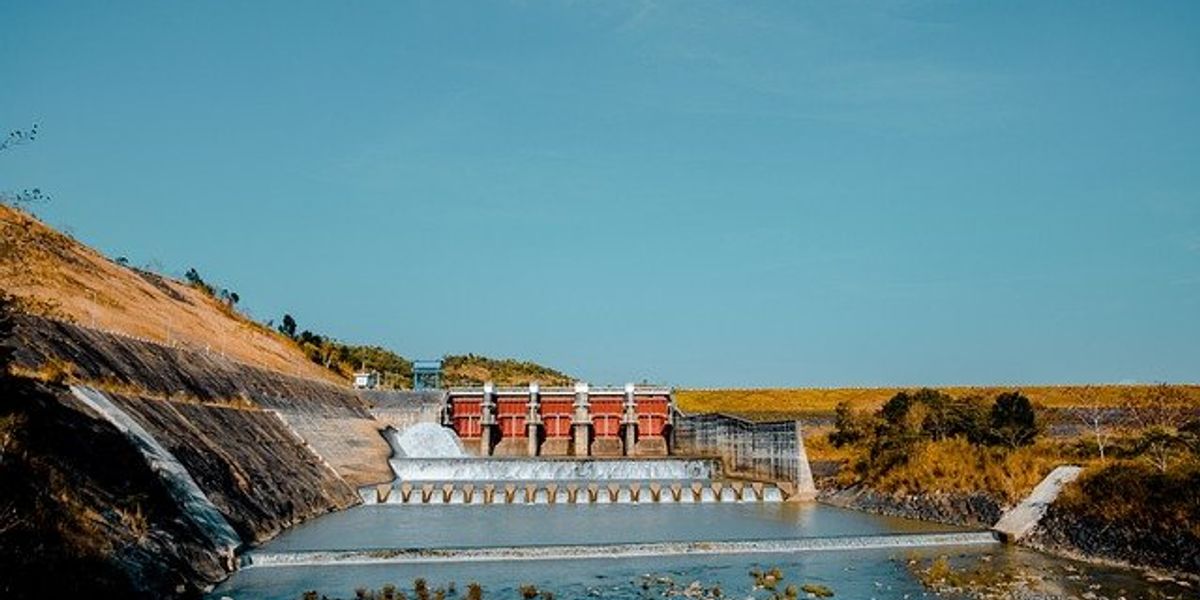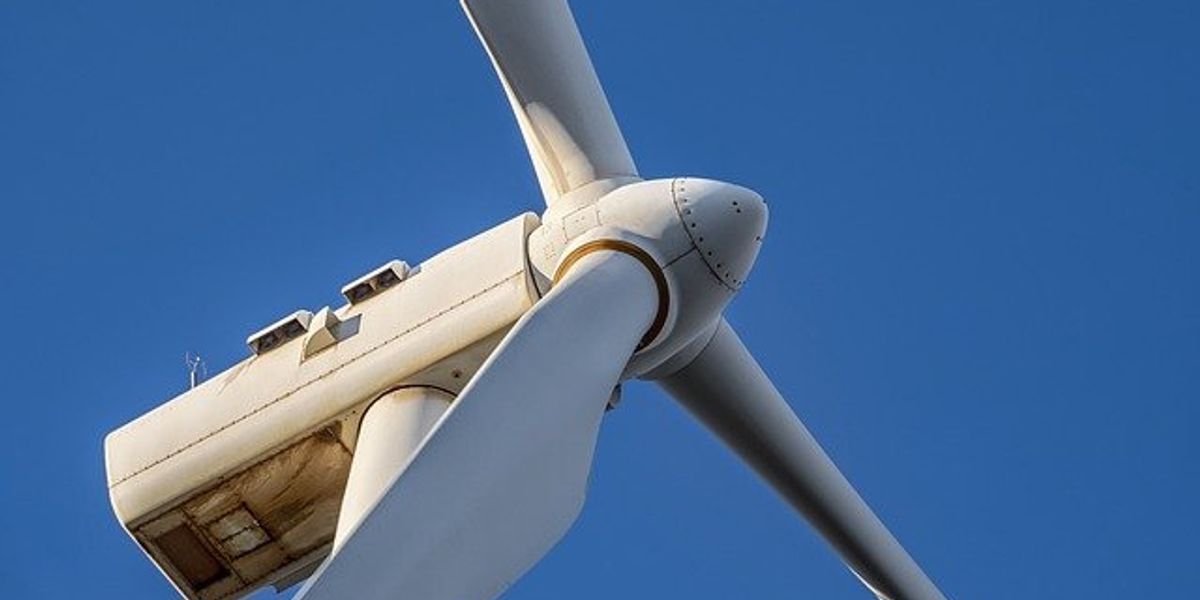justice40
Biden's Justice40 program faces challenges in delivering on its promises
A Chicago nonprofit is working with $10 million in federal funds to transform a disadvantaged neighborhood, but concerns remain over the Justice40 initiative’s impact.
In short:
- Blacks in Green is using federal funds to develop a "sustainable square mile" in a historically Black Chicago neighborhood.
- The Biden administration's Justice40 initiative aims to ensure disadvantaged communities benefit from climate investments but struggles with tracking and implementation.
- Despite federal support, many environmental justice groups face bureaucratic obstacles and are concerned about long-term reliance on government grants.
Key quote:
“This work is about helping our community to understand itself again as its own emergency management system.”
— Naomi Davis, founder of Blacks in Green
Why this matters:
Justice40 promises to direct climate funding to communities most in need, but critics argue the lack of clear metrics and long-term support limits its potential. Without sustained investment, the initiative may fail to address the deep-rooted environmental inequities it targets.
EPA accelerates support for marginalized communities
With the end of President Biden's first term approaching, the U.S. Environmental Protection Agency intensifies its efforts to deliver environmental justice to historically marginalized communities.
In short:
- The EPA is focusing on "ground-truthing" to understand and address pollution impacts in low-income, predominantly minority communities.
- Initiatives include funding for urban greening and addressing environmental justice challenges as part of the Justice40 Initiative.
- The agency's efforts are part of a broader commitment to rectify historic injustices and improve health outcomes in disadvantaged areas.
Key quote:
"We have to make sure that funds are going to places that need them the most in the last year of the Biden administration’s first term."
— Adam Ortiz, EPA administrator for the Mid-Atlantic region
Why this matters:
The EPA's proactive approach in aiding disinvested communities is aimed at addressing long-standing environmental injustices.
In christening a new office of environmental justice, Environmental Protection Agency Administrator Michael Regan proclaimed in 2022 that “underserved and overburdened communities are at the forefront of our work.”
'Down your throat': Biden pushes CCS on polluted places
Jean Chemnick reports for E&E News that the Biden administration is counting carbon capture as part of its promised funding for disadvantaged communities. But they don't want it.
In a nutshell:
Environmental justice advocates have expressed concerns about the implementation of carbon capture infrastructure in marginalized communities. Despite worries about potential risks such as pipeline bursts, storage leaks and prolonged use of fossil fuel power plants, the Biden administration has tied carbon capture to environmental justice goals. This move has sparked controversy, as some argue that the technology could inadvertently support the fossil fuel industry that has historically impacted disadvantaged areas. While carbon capture is supported by scientific research to address emissions, activists are urging for more careful consideration of its potential implications for the health of communities burdened with environmental injustices.
Key quote:
“The vibe that we’ve been getting now for a while is like, this is happening. It’s happening whether you like it or not,” said Irene Burga Márquez, climate justice and clean air program director for GreenLatinos. “Which is not a great starting point. It feels like there’s no room for discussion or flexibility. It’s more like, we’re forcing something down your throat with, like, some sugar.”
The big picture:
Industrial carbon management, such as carbon capture and storage, holds the promise of addressing carbon emissions and climate change. However, the health implications of these technologies deserve scrutiny. The process of capturing and storing carbon dioxide, often involving pipelines and underground facilities, can potentially pose risks to nearby communities, including air and water pollution. As policymakers push for cleaner energy solutions, environmental justice advocates want to ensure that the benefits of industrial carbon management do not come at the expense of public health, particularly in communities that have historically borne the brunt of environmental pollution.
Read the article at E&E News.
Find out more: In 2021, Douglas Fischer reported for EHN that more than 500 environmental and community groups called on United States and Canadian leaders to abandon efforts to capture carbon emissions from fossil fuels and work harder to curb fossil fuel use in the first place.
Meanwhile, Seth Mullendore argues that those holding up carbon capture and hydrogen as new climate solutions are leading us down the wrong path.
Rural energy program draws scrutiny over Biden equity plan
Democrats push White House to strengthen environmental justice efforts
Top congressional Democrats are calling on the Biden administration to bolster its commitment to environmental justice and ensure that the Inflation Reduction Act's climate investments help disadvantaged communities.
Biden’s other green promise
Red states still pose a major threat to Biden’s Justice40 initiative, activists warn
In Republican-led states like Texas, federal efforts to advance environmental justice through infrastructure spending aren’t being reciprocated, and others could follow suit.



















